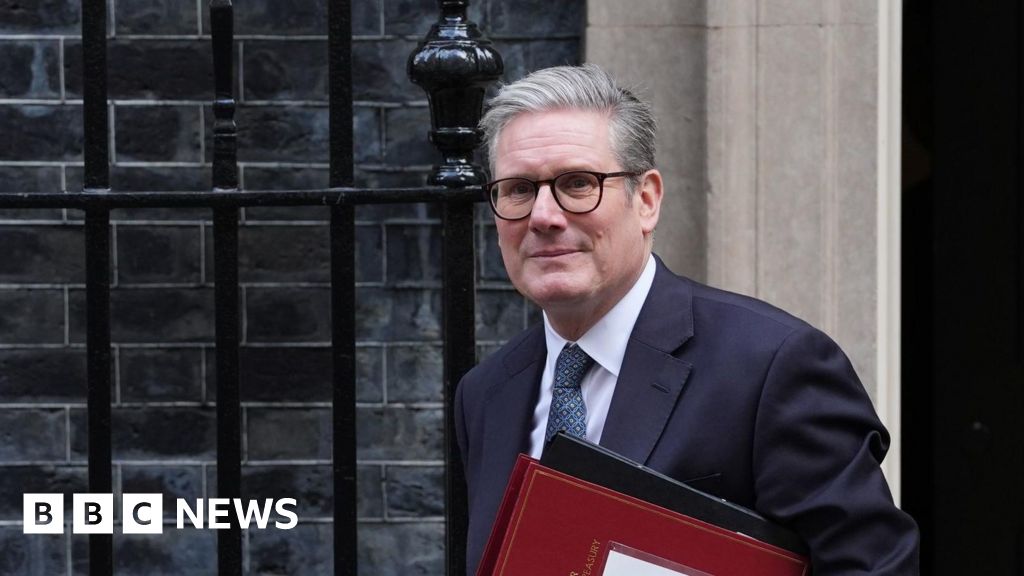There has been considerable Cabinet disquiet about the spending cuts required to meet the Treasury’s proposed spending limit.
Bloomberg reported that ministers had expressed concern that the proposed cuts could be as high as 20% next year.
They reportedly include Deputy Prime Minister Angela Rayner who runs the Ministry of Housing, Communities and Local Government, as well as Justice Secretary Shabana Mahmood and Transport Secretary Louise Haigh. None of the ministers denied the report.
Haigh refused to comment on the reports, but told the BBC: “Budget negotiations and discussions are taking places across government in absolutely the usual way.”
She added that she was “looking forward to the chancellor’s announcement” on 30 October.
Responding to the speculation, the prime minister’s official spokesperson said public services needed “reform” and government departments will have to “become more productive”.
Sir Keir Starmer and Rachel Reeves have agreed on the spending totals to be unveiled in the budget on 30 October, the spokesman said.
But negotiations are ongoing with individual departments about their specific allocations, the spokesman added.
Danny Shaw, a commentator on justice and policing affairs, who has previously advised the Home Secretary Yvette Cooper, said cuts of that order would be “devastating” for the justice department.
“It would completely destroy in many ways the criminal justice system in terms of the courts, probation, prisons and legal aid,” he said.
There is already a backlog of around 68,000 cases in the crown courts, he added.
A Labour source told the BBC that there was “significant angst” across government at a failure from the Treasury to “recognise the trade-offs” of cutting spending.
A former senior aide to Conservative chancellors during multiple Budgets said that they had never experienced a cabinet minister “going over our head” to the prime minister.
However, a Downing Street source said exchanges like this were were a “completely normal part of the process”, and denied that it is unusual for cabinet ministers to address their concerns to the prime minister rather than the chancellor.

